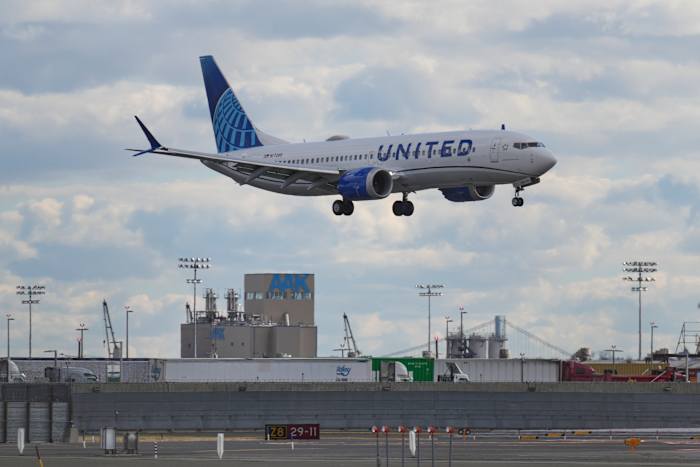The Federal Aviation Administration (FAA) has selected 40 airports across more than two dozen states for mandatory flight reductions, according to a recent order. These include major hubs such as Atlanta, Dallas, Denver, Los Angeles, and Charlotte, North Carolina. In several metropolitan areas—including New York, Houston, Chicago, and Washington—multiple airports will be affected, with ripple effects likely extending to smaller airports as well.
In anticipation of the FAA’s official order, airlines scrambled to adjust their schedules and began canceling flights Thursday. Travelers planning weekend and future trips waited nervously to learn if their flights would depart as scheduled. As of now, more than 780 flights have been canceled nationwide, according to FlightAware.
Delta Air Lines reported plans to cancel roughly 170 flights Friday, while American Airlines expects to cut 220 flights per day through Monday. The FAA stated that the reductions will start at 4% and ramp up to 10% by November 14. These measures will be in effect from 6 a.m. to 10 p.m. daily and impact all commercial airlines.
The FAA says the cutbacks are necessary to help relieve pressure on air traffic controllers, many of whom have been working without pay for more than a month. Many controllers are now working six-day weeks with mandatory overtime, leading to increasing callouts as financial strain and exhaustion mount.
“You can’t expect people to go in to work when they’re not getting a paycheck,” said Kelly Matthews of Flat Rock, Michigan, a frequent business traveler who has canceled most of her upcoming trips. “It’s not that they don’t want to do the job, but you can’t afford to pay for gas, your day care, and everything else.”
The order comes as the Trump administration increases pressure on Democrats in Congress to end the ongoing shutdown. Airlines have pledged to try to minimize the impact on customers, with some focusing on slashing routes to and from small and medium-sized cities.
Carriers are required to refund customers whose flights are canceled, but according to the Department of Transportation, they are not obligated to cover secondary costs such as food and hotel accommodations unless a delay or cancellation results from a factor within the airlines’ control.
Industry analyst Henry Harteveldt warned the reductions will “have a noticeable impact across the U.S. air transportation system.” The cuts could also slow package delivery services, as two affected airports—FedEx in Memphis, Tennessee, and UPS in Louisville, Kentucky—serve as major distribution centers. Notably, Louisville is also the site of this week’s deadly cargo plane crash.
*Associated Press journalists Hallie Golden in Seattle, Safiyah Riddle in Montgomery, Alabama, and Wyatte Grantham-Philips in New York contributed to this report.*
https://www.clickorlando.com/business/2025/11/07/the-faas-order-to-cut-flights-nationwide-due-to-the-government-shutdown-is-set-to-take-effect/
